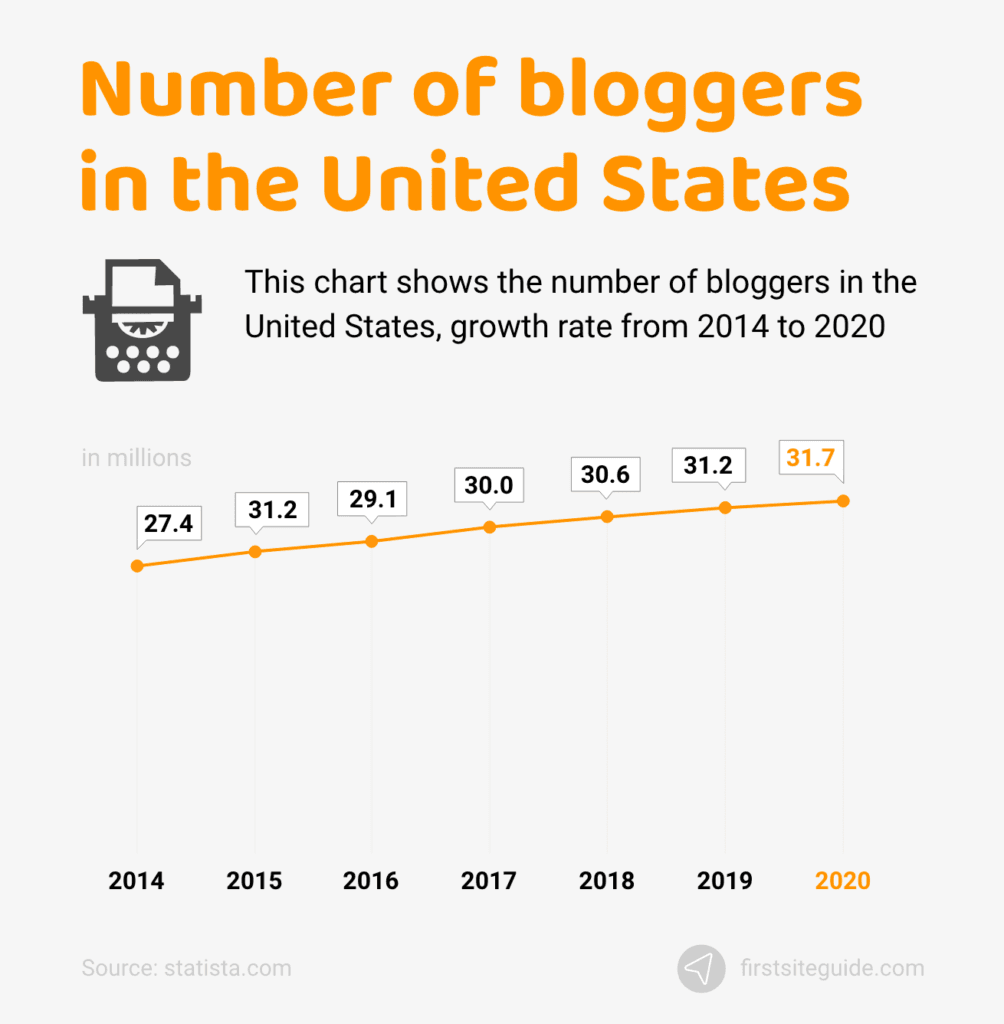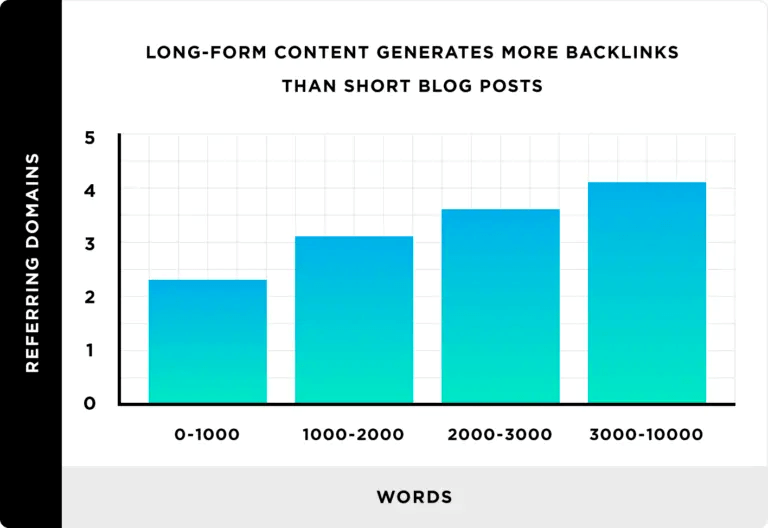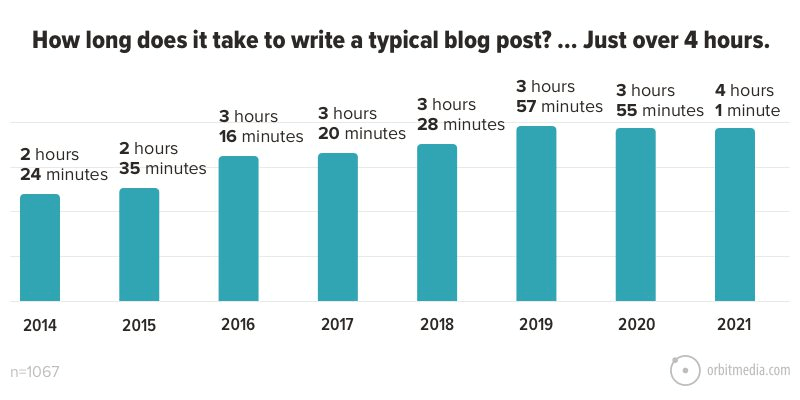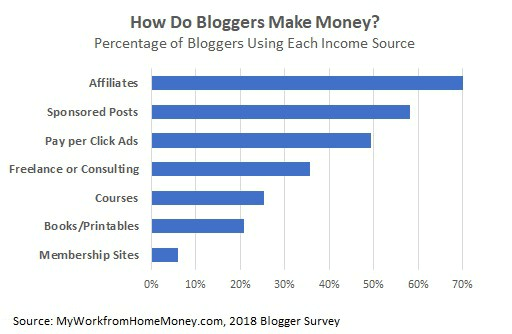10 Questions to Ask Yourself on Starting a Profitable Lifestyle Blog

Contents
Since the advent of the Internet, blogging has truly taken off – providing a useful space for people to share opinions and expertise. However, only recently has it become profitable to run a blog, as the age of influencers who sell online is now in full swing.
Many people now dream of starting their own blog and working from home or anywhere they can hook up Internet connection.
If you’re thinking of making a living by blogging, there are ten important questions you need to ask yourself. They’ll determine whether you succeed or fail. Read on to find out more about these questions; meanwhile, pick up a few tips on how to start your own blog and run it to your advantage.
1. What Will You Write About?
First, you need to consider what you’re into. Something which interests you is ideal. Are there any activities you enjoy doing and you happen to know a lot about? This is the area in which you will find the best material. Readers will want to gain knowledge on topics they are also interested in.
It helps if you have good knowledge of what’s already out there in blogs, books, and real-world areas where these things are discussed.
What is missing from the content related to the topic that you read about? Finding out these gaps will allow you to hit on what's missing and create helpful blog posts.
It’s worth remembering that longer blog posts are preferable in terms of search engine optimization – as shown in the graph below. Therefore, you might want to consider something you can write extensively about with lots of substance to it.
2. Where Will You Write It?
Choosing the best platform for your blog is not a simple process. There are loads of options to consider.
WordPress is a great platform and now powers 43% of all online sites. Other options include Wix, which comes with the ability to speak to your visitors via live chat, much like a virtual contact center.
When looking for a platform, ask yourself whether you’re looking for a design that is changeable, as only certain platforms will allow you to edit a website in its entirety. Also, consider whether or not the blog is scalable. In other words, can you grow as you go? Are you able to add new features easily?
Perhaps the most important thing to consider is the price of the platform. While some are free, others require a subscription of some kind. This will decrease your profit margins but may be a good investment if the features appeal to you and your audience.
3. What Will the Theme Be?
You may know what you’re writing about – but this is only part of the story. Choosing an angle, color scheme, and type of humor for your blog will give the blog direction and help you to come up with a personality for your readers to connect to.
This involves deciding on the actual theme for your blog. There are loads of blog themes out there for all of the different platforms; you can find them via a simple search.
It’s important to look for a theme that represents you and the vibe you want. This may take some brainstorming of what sensation you want to evoke when someone visits your site.
4. What Will You Name Your Blog?
What’s in a name? A lot, that's what! What you brand your blog will make a big difference to the readership. Have a good brainstorming session about which words are connected to your chosen topic.
One tip of advice is to keep your blog name simple by using your own name. Many bloggers use their names and it works well for them. It helps you to build a personal brand outside of the blog itself. However, there are downsides to this. Your blog will forever be tied to your personal name, making it difficult to transition to anything else.
5. What Content Will You Post?
It's much easier to create content while you go about your daily life. Eye-catching visual content, such as photos of friends and family, or action shots of you doing the activity in question, can be a quicker way of doing things and integrating your work into your life.
You can also post written content, which can include advice, information, or prose. This depends on the topic you’re writing about.
If your topic is rather dense and complex, you will want to mostly include written information. On the other hand, if you’re covering something such as artwork or flowers, images will be more fitting.
6. When Will You Find Time to Post?
It shouldn’t come as a surprise that blog writing is time-consuming and requires real sacrifice to make it successful.
Think about how much time you have to spare. Can you fit it alongside other responsibilities?
The below graph reveals how long it takes to write a typical blog post. As you can see, the time has increased over the years. This could be linked to the increased competition and standards of posts as the web has developed.
With this in mind, you’ll need to dedicate even more time than this to stay ahead of the curve and do away with the competition. In this way, it takes a consistently strong effort to keep the reader’s attention and avoid readers slipping away to a competitor.
7. Who Will Read It?
You need to focus on who your target audience will be. This is very important when creating your content, as you need to tailor it correctly to build an audience.
Promoting your blog among friends and family, as well as on targeted activity-based forums, will enable you to get feedback on who your blog would be best suited for. By using surveys, you can also gain intel on what your target audience likes and doesn’t like about your content and persona.
8. How Will You Excel Over the Competition?
As touched on in number six, these days, the blogging competition is intense. It’s been growing over the years, as the below graph demonstrates. Now, there are 31.7 million bloggers in the United States alone.

This means that you need to bring your A-game, by investing time in research and blog improvement. Sometimes, the best, most successful blogs are those which cover something that others don’t.
9. How Will You Make Money?
Those who are not bloggers often speculate as to how bloggers make their money. The readers don’t pay, so where does the profit come from?
The above graph shows the most popular sources of income for bloggers in 2018. At the top spot is affiliates. Having an affiliate means having a sponsor for your blog, and promoting their goods and services by using a link. Your readers click on the link, identifying your blog as the referral source. For every click, the affiliate gets a commission.
With more companies recognizing the damaging effects of shopping cart abandonment, having a partnership with a blogger in this way increases the chance of sales, as the customer is connected to the product via the blogger.
10. How Willl You Know When You Have Succeeded?
How you measure success is important. It’s good to draw the line to know what you need to achieve.
Many people who work for themselves become deflated and demotivated by constantly having to achieve more and searching for that next thrill. Keep on top of spiraling aspirations by being honest with yourself about what you want and how far you’ll go.
Wrapping Up
As already mentioned, making your blog profitable will take time and require a lot of effort. Even if it gets you down, keep your chin up and keep going. There’s a good chance that if you go for it and foster an audience, you’ll be able to make a living and turn a profit from blogging.
Above all else, blogging is a great way to share your passion with others, and therefore a good outlet and pastime. So, it’s certainly worth it in the long run. You may be blessed with things that you hadn’t thought of before!
If you liked this article, be sure to follow us on Facebook, Twitter, Pinterest, and LinkedIn! And don't forget to subscribe to our newsletter!


